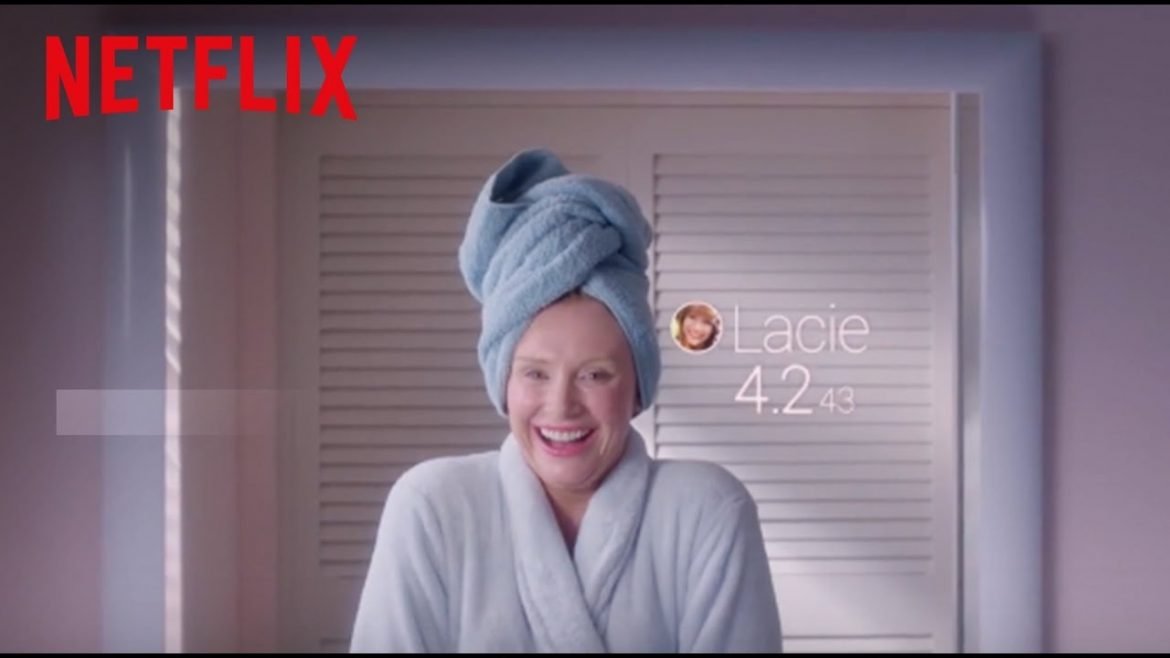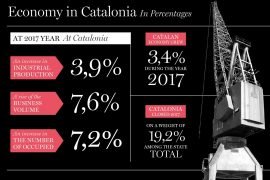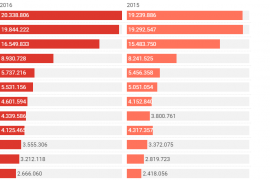[dropcap letter=”T”]
he first chapter of the third season of the Black Mirror series, bearing the title Nosedive, is set in a world where people rate each other for each interaction they have. This sci-fi world is quite plausible. In airport services, shopping centres, after paying at the checkout of most department stores or immediately after speaking to an operator in a call centre, on purchasing a product in an e-commerce, we are always prompted to evaluate the service. The social media teem with opinions about brands and professionals. Who doesn’t search for opinions on the internet before contracting a service or buying any product?
Managing reputation is, nowadays, more important than ever before. Professor of Corporate Communication at the Open University of Catalonia, Ferran Lalueza, defines reputation as “the way in which an organization is perceived collectively from its performance over an extended period of time. According to Lalueza, the focus on reputation in the digital era comes from the fact that “this perception is based on accumulated information on this organization, and the digital environment has increased exponentially the volume of information we have access to”. In this respect, he points to three key factors: “The first one is that people are becoming more and more critical and demanding, since ─as users, consumers, voters, shareholders, etc.─ they tend to penalise socially irresponsible behaviour even those who are perceived as politically incorrect. Secondly, the world we live in is becoming more transparent and nearly everything, sooner than later, comes to light: if we cannot hide professional malpractice, it is more necessary than ever to manage the way in which bad practice is perceived. Thirdly, mass and global communication has stopped being the monopoly of a few, which means that any individual becomes a potential threat against an organization or celebrity, even the most powerful one”.
To begin with, things need to be done properly, and people need to perceive and assess such good work. When communication fails to be managed properly, there is a strong probability of an actual “nosedive” in reputation
NOSEDIVE BECAUSE OF A TWEET
Managing reputation requires both transparency and trust. In this new interconnected and digital scenario, communication has become a priority for any company or professional businessperson. To begin with, things need to be done properly, and people need to perceive and assess such good work. When communication fails to be managed properly, there is a strong probability of an actual “nosedive” in reputation. A single tweet can jeopardise anybody’s reputation or even cause the plummeting of a company’s shares.
Lalueza, author of the didactic novel The show must go on (Editorial UOC), about managing crisis communication, points to two additional factors aggravating this type of situation in the digital era: “on the one hand, because we have no longer the absolute control over information circulating around us and, on the other, because the gap between what businesses and institutions end up giving us and our actual expectations has been widening.”
Further information: Coll, P; Micó, J.Ll. Marketing y comunicación en la nueva economía. Barcelona: Editorial UOC.






















